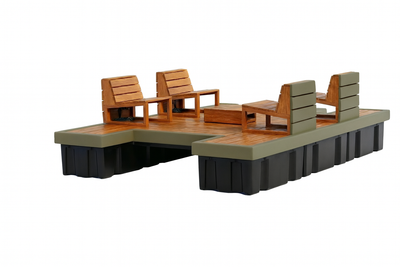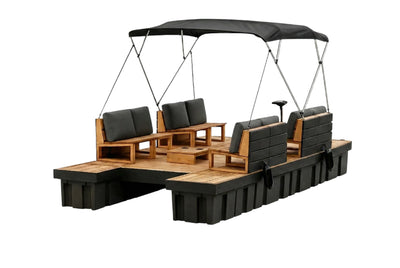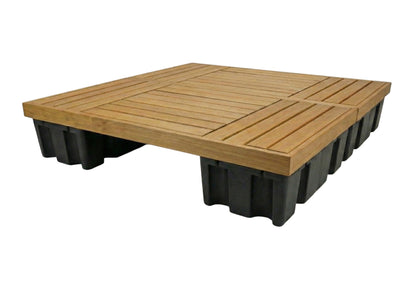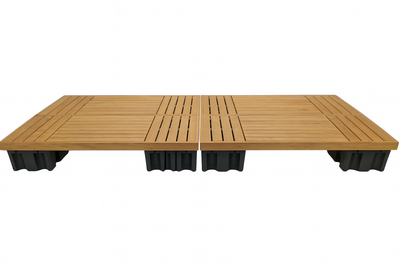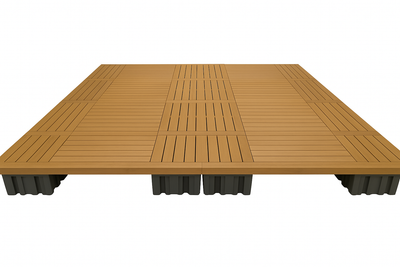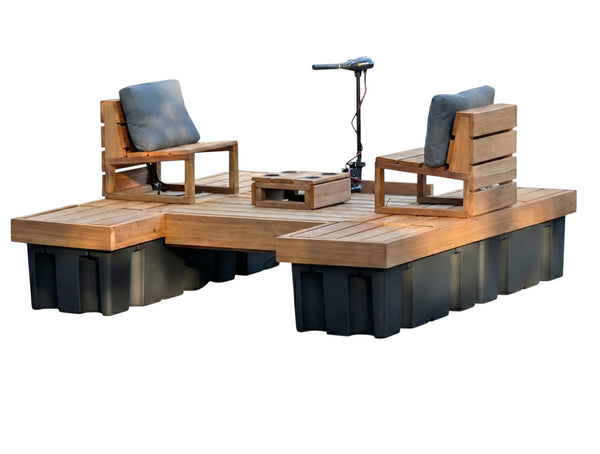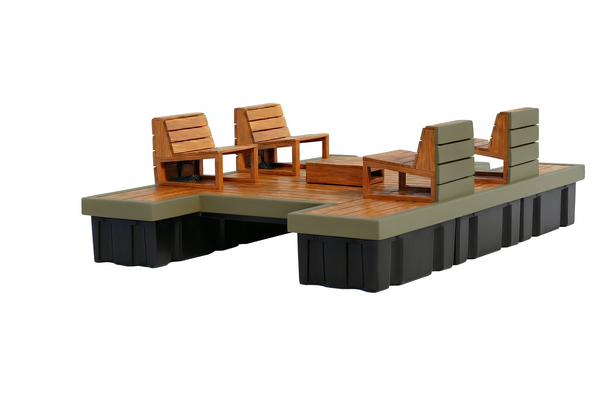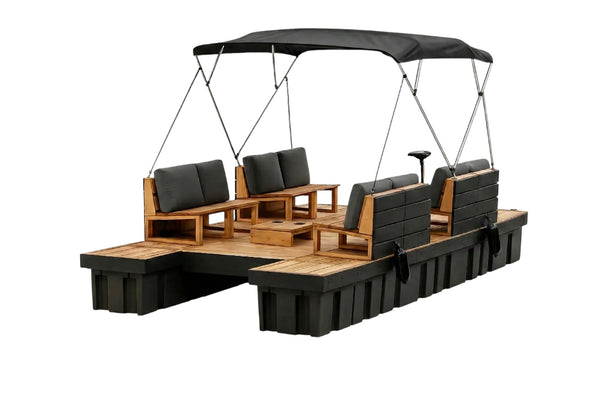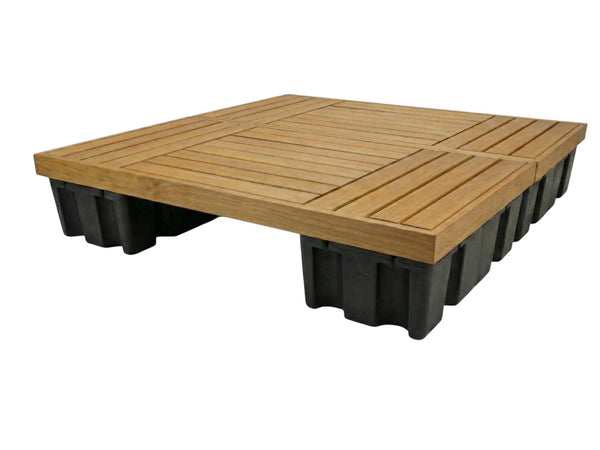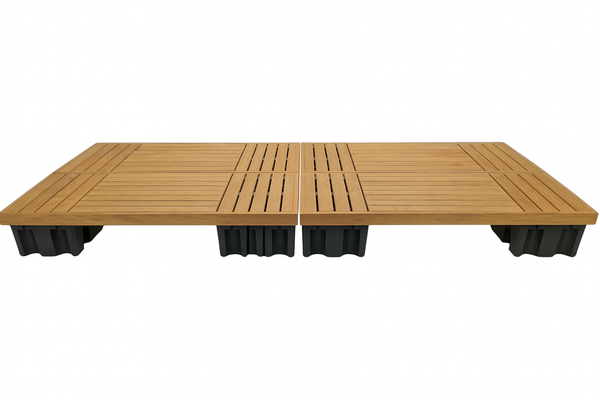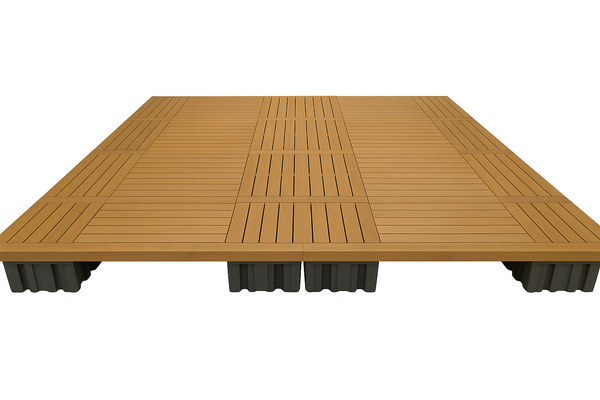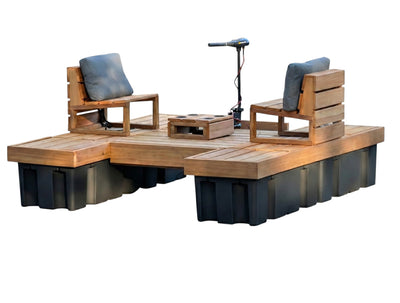

What material should you choose for your dock or pontoon? Wood, aluminum, or synthetic material?
Share
When it comes time to choose a dock or pontoon, one question always arises: which material should you choose ? Aluminum, wood, or synthetic materials—each has its advantages and disadvantages. Here's a factual overview to help you make an informed decision.
Aluminium
-
Benefits :
- Lightweight and corrosion resistant.
- Requires little maintenance.
- Long lifespan.
-
Disadvantages :
- High purchase cost.
- More difficult to repair yourself.
- May be slippery when in contact with water.
Synthetic materials (recycled plastic, composites, PVC)
-
Benefits :
- They are highly resistant to weathering and humidity.
- They require very little maintenance.
- Often aesthetically pleasing, with several color choices.
-
Disadvantages :
- Price generally higher than wood.
- Difficult to repair: once damaged, the entire part often needs to be replaced.
- Manufacturing is less environmentally friendly depending on the type of material.
The wood
-
Benefits :
- Ecological : a renewable resource, especially when it comes from sustainably managed local forests.
- Easily repairable : a damaged board can be replaced quickly.
- Economical : the best value for money.
- Resistant in winter : unlike some materials that can break with frost, wood remains robust even when the dock is left on the water.
-
Disadvantages :
- Requires regular maintenance (oil, stain or varnish) to preserve its appearance.
- May turn grey or crack over time if poorly maintained.
Our choice: wood
We chose wood for our project because it represents the best balance between ecology, durability, cost, and practicality . It's a living material that withstands the seasons, is easy to repair, and retains an unparalleled natural charm by the water.
Receive $200 off your first purchase!
Sign up for our newsletter and immediately enjoy an exclusive $200 discount on your first Moodulo order. A simple way to save on your future dock or pontoon.

